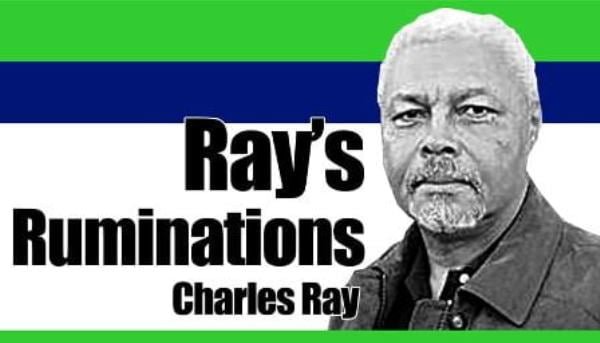
I frequently write and speak on the subject of leadership, describing what I believe are the traits of effective leaders based on my 50 years serving in leadership positions in the military and government. Two of the traits that I list that often inspire questions and debate are Honesty and Integrity. I list these two as among the most important traits for anyone who wants to be successful and effective as a leader, but I’ve had people challenge me, not on their importance, but on the basis that some people think that they are one and the same and that I should choose one or the other for my list.
I sincerely beg to differ and allow me to explain why they each deserve to be listed and why I believe that they are, in fact, not one and the same.
Honesty and integrity are related but they differ in what drives them. The drivers of honesty are external while integrity is caused by internal drivers. As my grandmother used to tell me—without using either word directly—some people obey the law because they’re afraid of being sent to jail, and that’s okay, but the best people obey the law even when there’s no chance of being caught because they feel it’s the right thing to do.
We’re honest to avoid punishment or the opprobrium of our relatives, friends, and colleagues. Honesty is obeying the rules when others can see us. Integrity, though, is who we really are. It drives the things we do when no one else is around, the things we do because we know they’re the right things.
It’s kind of like driving. We obey the stop signs on heavily trafficked roads, or when a police car is in sight and there’s the danger of a ticket. That’s honesty. When there’s no police car and no traffic approaching, people with integrity will still stop, at least for a few seconds, out of an ingrained sense of doing what’s right.
Here’s an example from my own life that I often use to illustrate the nuanced difference between honesty and integrity.
When I was the number two in the American embassy in Sierra Leone in the 1990s, I once got called to the foreign ministry late in the day. On my way out of my office I stopped at my secretary’s desk and put a classified document I’d been working on in her inbox for return to secure storage. What I did not know—or perhaps didn’t remember because it had been such a busy day—was that she’d had to leave early.
The next morning I arrived to find her very distraught. The U.S. Marine security guards who are responsible for the security of classified information and equipment in our embassies, had given her a notice of security infraction for the document being left out on her desk. The only reason she didn’t get a more serious notice of security violation was that our offices were in a secure area accessible only to people with proper clearance. Regardless of this, though, she was upset at getting it because she was sure, she said, that she’d secured her area before leaving the building.
No one recognized the document as one that had been in my possession and I could very well have expressed my sympathy and forgotten about it. That would have been dishonest, though, and wrong as well. I could not allow her to receive even such a minor punishment for something I did. I explained to her what happened and assured her that I would make things right. I then went to the sergeant in charge of the marine detachment and explained the situation to him. I had him cancel her citation and write me one instead.
At the risk of sounding like I’m patting myself on the back—I’m not, just explaining what happened—this is the difference between honesty and integrity. A good leader should be both. In fact, must be both. Being openly dishonest will send a signal to those you lead that truth has no value and will undermine the organization. But if you lack integrity, you are likely to do things when no one is there to see that will also undermine the organization.
As I wrote in my book, Things I Learned from My Grandmother About Leadership and Life, ‘Honesty is the things you do in the light of day, Integrity is the things you do in the dark.’ – NWI




